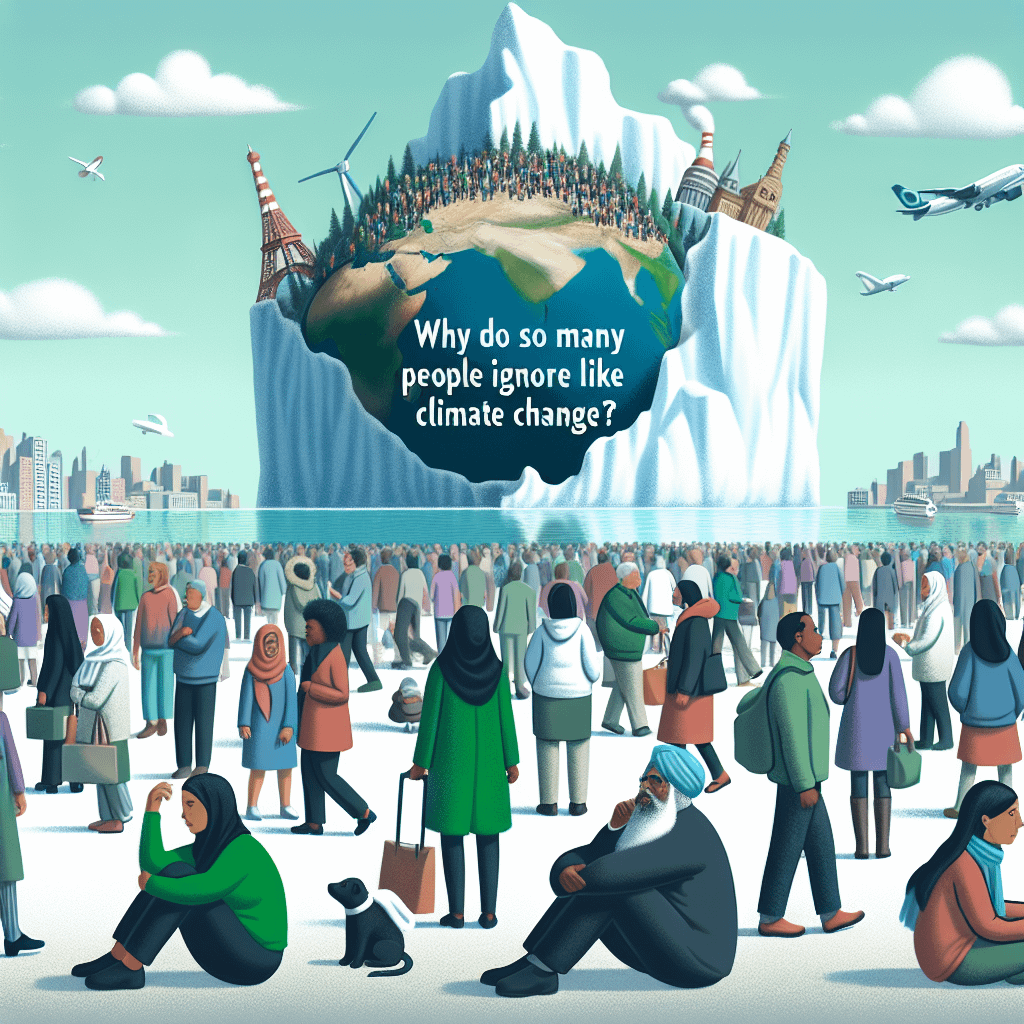It’s an inherent struggle to get people to take climate change seriously. Psychologists explain why
Firefighters try to extinguish a fire in a warehouse during a wildfire at Arrancada village, Agueda in Aveiro, Portugal on September 17, 2024. (PATRICIA DE MELO MOREIRA/AFP via Getty Images)
“);
}Earlier last month, the European Union’s Copernicus Climate Change Service announced that Earth’s average temperature in 2024 had been on average 1.5 degrees C above pre-industrial levels. This was the major threshold established in the 2015 Paris climate accord as a dangerous milestone for our species, in which temperatures are so hot, that collapse of major ocean and atmospheric systems and mass extinctions follow. Was this headline news? The biggest story of the year? The source of mass protests?Quite to the contrary, it has already been swept under the rug in the public’s consciousness.Yet the EU’s announcement did not occur in a vacuum: Scientists have warned of rising temperatures for decades, and 2024 alone saw climate change-fueled natural disasters from unprecedented heat waves in the Southwest to powerful hurricanes in the Southeast. Yet despite these calamities, millions of people voted for a president whose policies experts warn will worsen climate change. It raises a provocative question: Why do people find it so difficult to psychologically grasp the reality of human-caused climate change?According to Dr. Debra J. Davidson, a professor of environmental sociology at the University of Alberta, it has to do with a feeling of psychological distance from the problem.“For too long now, scientific and media communications have presented the subject of climate change in ways that have failed to trigger an adequate threat warning among readers and viewers, and have also failed to motivate a sense of personal responsibility to respond,” Davidson explained. Instead climate change is frequently depicted in the abstract, as an extremely complicated scientific process, and this causes many readers to feel remote from the consequences.Climate change is frequently depicted in the abstract, as an extremely complicated scientific process, and this causes many readers to feel remote from the consequences.University of South Africa psychologist Dr. Monika dos Santos turns to evolutionary psychology for an explanation on humanity’s difficulty grasping the magnitude of the problem.“Homo sapiens is a unique species in that our vastly superior intelligence does not seem, in the majority of individuals at least, to inhibit irrational destruction of its own species,” dos Santos told Salon. “In fact, the still largely untapped and evolving intelligence of our kind renders this destructiveness more and more horribly dangerous, not only to our own species, but to all other species, and to our entire environment and ability to survive in it.”The rest of the planet is paying a steep price for humanity’s ps

